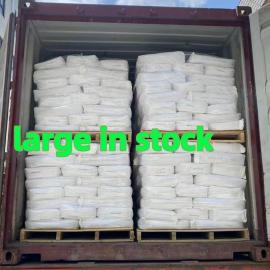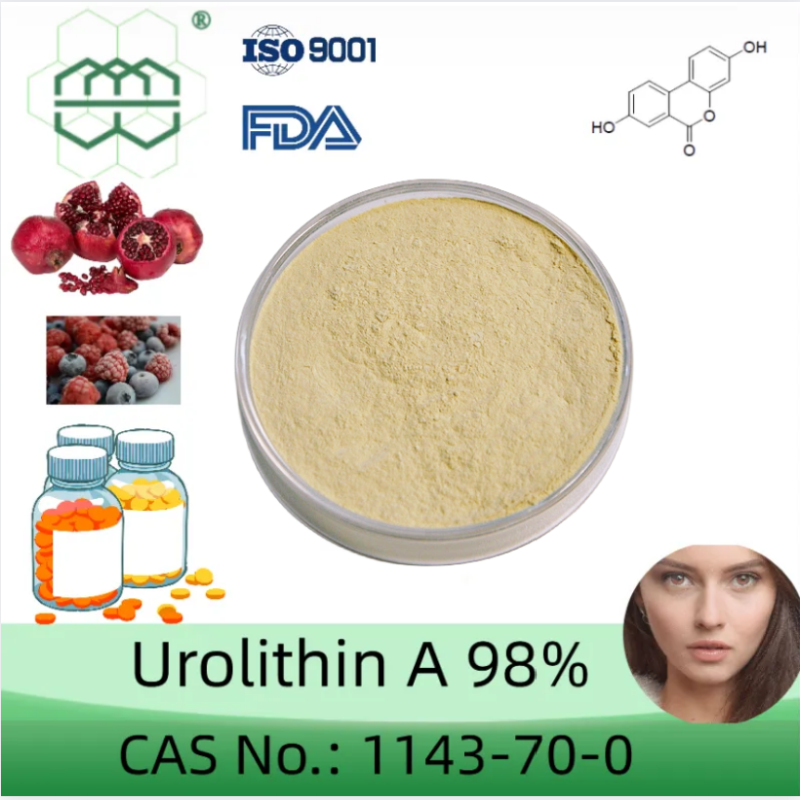-
Categories
-
Pharmaceutical Intermediates
-
Active Pharmaceutical Ingredients
-
Food Additives
- Industrial Coatings
- Agrochemicals
- Dyes and Pigments
- Surfactant
- Flavors and Fragrances
- Chemical Reagents
- Catalyst and Auxiliary
- Natural Products
- Inorganic Chemistry
-
Organic Chemistry
-
Biochemical Engineering
- Analytical Chemistry
-
Cosmetic Ingredient
- Water Treatment Chemical
-
Pharmaceutical Intermediates
Promotion
ECHEMI Mall
Wholesale
Weekly Price
Exhibition
News
-
Trade Service
.
Speaking during the official launch of the Tropo Farms-operated Volta Catch warehouse in the town of Casoa in early February, the minister said her department would work closely with the country's law enforcement agencies to enforce the ban and ensure there were no illegal tilapia imports.
.
.
The ban, introduced in 2014 but suspended several times since then, is part of Ghana's efforts to crack down on cheap tilapia entering the local market (including products from China) and guard against the risk of the tilapia lake virus, which emerged in 2017 and 2018 Threats to the global tilapia industry in 2018
.
.
Since 2013, the average annual production of tilapia in Ghana is around 70,000 tonnes
.
Tropo Farms, which produces Volta Catch tilapia, is currently one of the leading commercial tilapia producers in Ghana
.
The opening of the new warehouse is expected to boost the company's ability to expand distribution across Ghana, where fish accounts for 50 to 80 percent of the animal protein consumed by the West African nation
.
.
Tropo Farms, which produces Volta Catch tilapia, is currently one of the leading commercial tilapia producers in Ghana
.
The opening of the new warehouse is expected to boost the company's ability to expand distribution across Ghana, where fish accounts for 50 to 80 percent of the animal protein consumed by the West African nation
.
This high consumption has caused demand for tilapia to outpace production, but Ghana is working to expand its tilapia production levels, especially in Lake Volta, where recent studies have found that tilapia production can increase by 25%
.
.
"Ghana has the potential to develop aquaculture due to optimal development conditions such as good soil conditions and temperature, availability of water bodies and high local demand for fish," said Comson
.
.
In addition to the ban, Ghana is implementing measures to support domestic tilapia production
.
In early 2019, the country launched its work on “Accelerating the Development of Ghana’s Aquaculture through Sustainable Nile Tilapia Seed Production and Acceleration”
.
The three-year plan focuses on addressing issues in tilapia seed and extension systems, which Ghana hopes will increase production and profitability
.
.
In early 2019, the country launched its work on “Accelerating the Development of Ghana’s Aquaculture through Sustainable Nile Tilapia Seed Production and Acceleration”
.
The three-year plan focuses on addressing issues in tilapia seed and extension systems, which Ghana hopes will increase production and profitability
.







